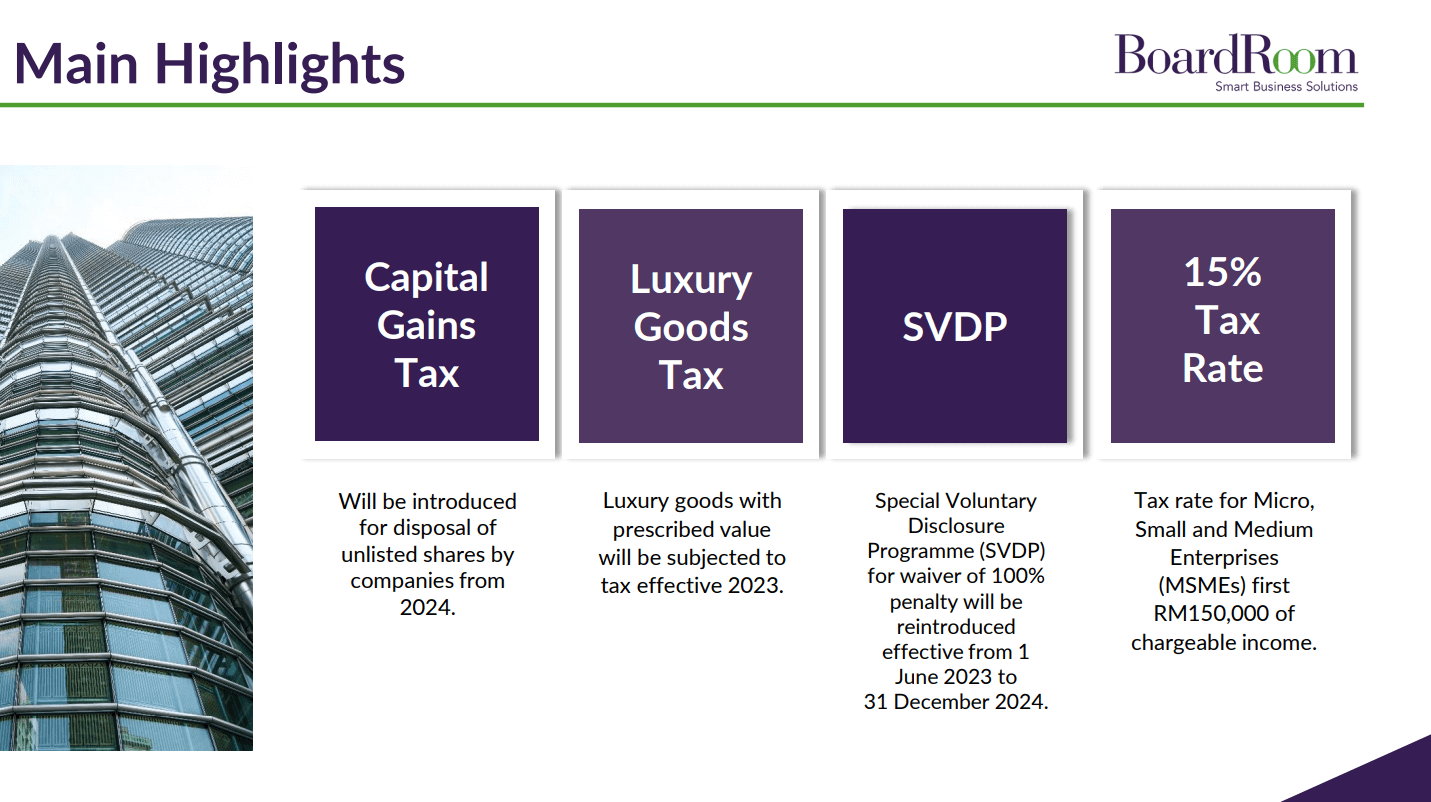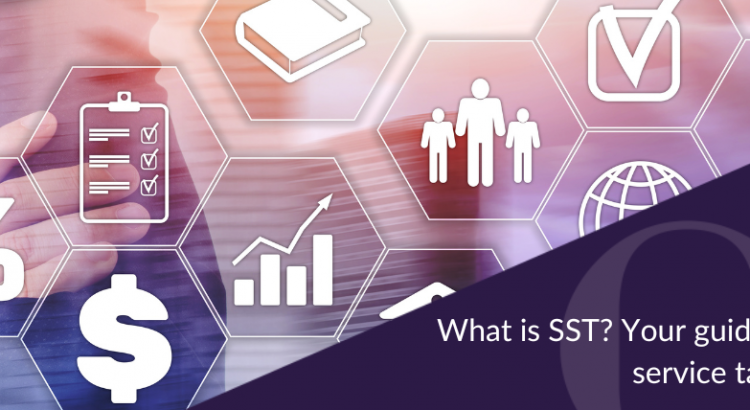When we’re not physically together, many leaders are left wondering how to increase employee engagement.
Here are five ways how to increase employee engagement to keep employees connected and engaged wherever they may be.
Having reliable technology in place to enable collaboration and efficient work processes is fundamental to creating an efficient and frictionless employee experience. The last thing you want is for your people to be dealing with frustrating technology issues when they could be making progress on real work.
Automating repetitive tasks and introducing self-service portals empower people to take control of simple tasks, like booking their own leave, accessing payslips and updating contact details. By optimising the user experience with easy-to-use applications, simplified central logins and cloud-based systems, your employees will be able to immediately access and update their data from anywhere, at any time.
Consider streamlining your core functions like payroll, finance and HR to free up your people to focus on collaboration and employee engagement strategies.
And, of course, having platforms in place to enable collaboration is crucial. Make sure you are set up for what Google refers to as “collaboration equity“. That is, ensuring everyone can contribute and communicate equally, regardless of location, role, experience level, language, or device preference.
Publicly celebrating accomplishments might involve regular team shout-outs in virtual meetings, spotlighting achievements in company newsletters, or hosting virtual events to honour milestones. Establishing a culture of peer-to-peer recognition could involve platforms or channels where team members can acknowledge and commend each other’s efforts.
For instance, a dedicated Slack channel for shout-outs or a monthly newsletter highlighting peer recognition contributes to a positive and appreciative work environment. These measures collectively foster engagement, which is particularly crucial for those managing the dynamics of hybrid roles.
To promote continuous learning and growth, organisations can offer diverse training opportunities. This might include workshops on effective virtual collaboration, seminars on time management in a hybrid setting, or access to specialised online courses related to industry trends. Encouraging professional development could involve supporting employees in obtaining relevant certifications or sponsoring attendance at virtual conferences. Utilising feedback surveys and performance metrics allows organisations to gather insights on the effectiveness of these initiatives.
For instance, a post-training survey could assess the perceived impact on job performance and satisfaction. Organisations can then tailor future programs based on this valuable feedback, ensuring that employee development remains aligned with their evolving needs and aspirations.
Being paid on time is vital. And people’s experience with pay directly impacts how they feel about working with an organisation.
If people have continual issues with your current systems — for example, difficulty accessing payslips or being unable to update important details — you might want to look into how to fix this problem. Having a system in place to make sure your people get paid accurately and on time will ensure they are motivated and engaged. And that’s whether you choose to implement a payroll solution or outsource your payroll to professionals.
Optimising your software applications to benefit your employees and simplify their day-to-day operations, will ultimately give them more control and empowerment in their role.
Mechanics aside, how much you pay people also matters.
The cost of living is rising steadily, and employers need to keep pace with rising costs of food, petrol and living expenses to make sure their people are taken care of.
If you have limited funds to pay bonuses or increase salaries, an alternative is offering employees a stake in the company in the form of shares or stock options.
Offering equity in the company means employees start seeing the business in a different light. Rather than simply clocking in and out and completing tasks, they begin to think of how to move the business forward in a meaningful way and increase revenue.
Equity can come in many forms, but leading companies in Malaysia are adopting employee stock option plans (ESOP).






































